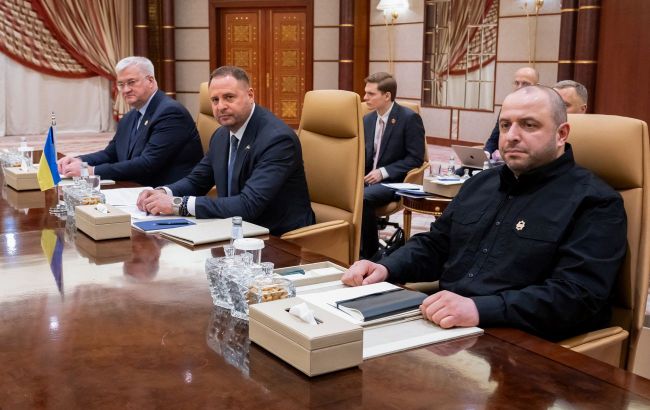
Ukraine-Russia Ceasefire Talks Falter Amid U.S. Crimea Proposal and Deadly Drone Strikes
Amid continued hostilities, high-level ceasefire negotiations were held in London this week, drawing participation from the United States, the United Kingdom, France, and Ukraine. The summit aimed to explore possible frameworks for ending the protracted war that has gripped the region since Russia’s full-scale invasion in 2022.
A controversial proposal reportedly presented by the United States drew significant attention and criticism. The plan suggested formal recognition of Crimea as Russian territory—a move that would reverse long-standing Western policy and violate international norms regarding territorial sovereignty. Additionally, the proposal included a clause that would prohibit Ukraine from seeking NATO membership in the future, a key demand long voiced by Moscow.
Ukrainian President Volodymyr Zelenskyy firmly rejected the proposal, emphasizing that such terms would not only breach Ukraine’s constitution—which enshrines the country’s aspiration to join NATO—but also legitimize Russia’s annexation of sovereign Ukrainian territory. Zelenskyy reiterated Ukraine's position that peace cannot come at the expense of its territorial integrity or independence.
In a nuanced shift, Russia signaled a potential openness to a temporary "freeze" of the conflict along current frontlines—provided that its claim over Crimea is recognized internationally. Kremlin officials described the suggestion as a “realistic basis for de-escalation,” but analysts warn it could be a strategy to consolidate territorial gains while stalling Ukraine’s military momentum.
Despite diplomatic maneuvering, the situation on the ground remains dire. In the southeastern Ukrainian town of Marhanets, Russian drone strikes resulted in at least nine civilian deaths and widespread destruction of infrastructure, according to local officials and humanitarian agencies. The attacks damaged residential areas, energy facilities, and transportation links, exacerbating the humanitarian crisis and complicating aid delivery.
The persistent assaults underscore the fragile and volatile state of the conflict, with any diplomatic progress at risk of being undermined by continued violence. While Western leaders maintain that negotiations must not reward aggression, the diverging priorities of the involved parties continue to cast doubt on the feasibility of a durable peace agreement.
Author: Global Ripple
Posted on: April 23, 2025
 Global Ripple
Global Ripple